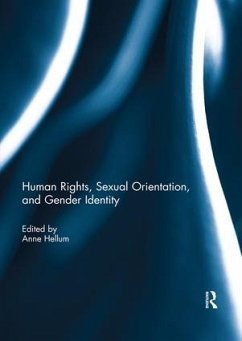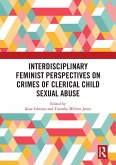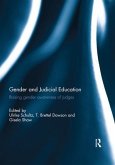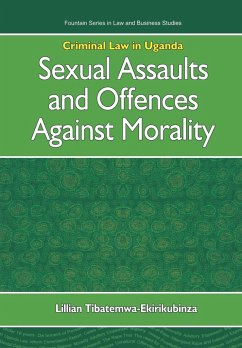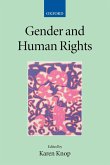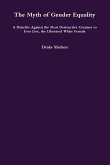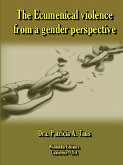How human rights principles, like the right to gender identity, freedom, integrity and equality, respond to the concerns of different groups of adults and children who experience gender harm due to the binary conception of sexuality and gender identity is the overall theme of this book. The Yogyakarta Principles on the Application of International Human Rights Law in Relation to Sexual Orientation and Gender Identity are analysed in the light of the dynamic jurisprudence of different human rights treaty bodies. Whether and how the status quo of gender duality is reproduced, in spite of international law's growing recognition of the multiplicity of sexualities and gender identities, is discussed. How transgender men, in countries that permit legal gender change, have been successfully prosecuted for gender fraud by female partners claiming to be unaware of their gender history is given attention. While human rights discourse related to LGBTI persons so far has been moulded on the experiences of adults this book gives voice to the concerns of gender-non confirming children. The jurisprudence of the Child Rights Committee, with focus on the complex social and legal issues faced by gender non-confirming children, is addressed. Through narratives, that give voice to these children's experiences, the book demonstrates how the legal gender assigned at birth impacts on their feeling of recognition, self-confidence and self-respect in the private, social, and legal spheres. This book was previously published as a special issue of the Nordic Journal of Human Rights.
Hinweis: Dieser Artikel kann nur an eine deutsche Lieferadresse ausgeliefert werden.
Hinweis: Dieser Artikel kann nur an eine deutsche Lieferadresse ausgeliefert werden.

